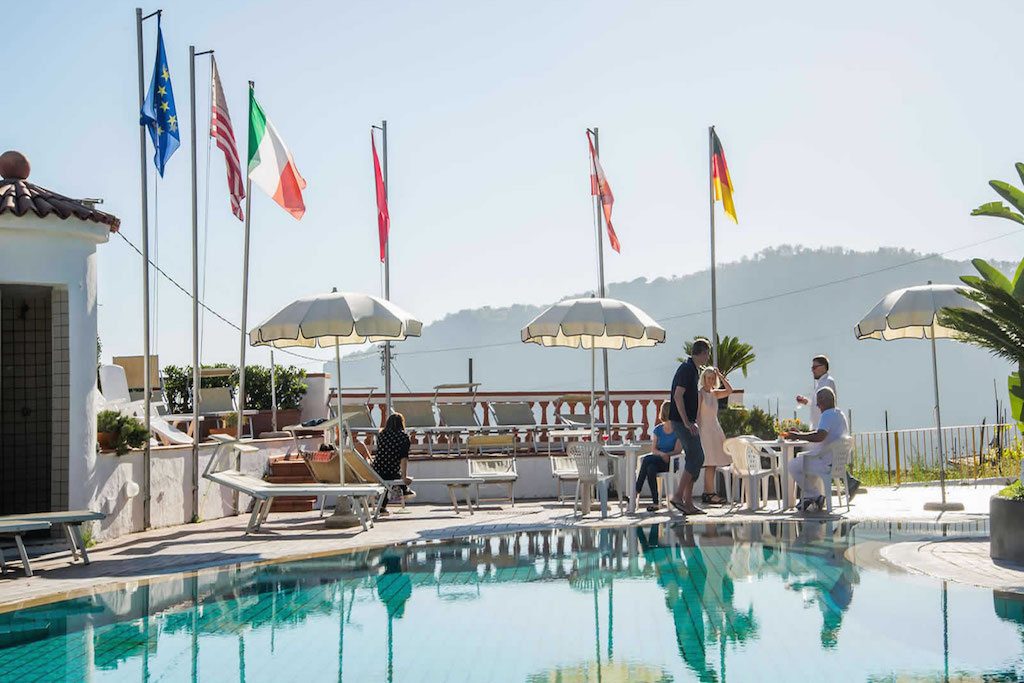Skift Take
Hotels are looking at the guest experience and the offerings available in more sophisticated ways than ever before. However, the current technologies that these services are based upon limit the hotel’s ability to provide the guest with a seamless journey.
This sponsored content was created in collaboration with a Skift partner.
Hotels today have a lot to lose when it comes to an unhappy customer, and guest standards are getting more sophisticated as consumers increasingly expect seamless, personalized products and services.
Beyond higher expectations, guests are increasingly moving from basic hotel stays toward experiential hotel stays. Guests no longer simply experience one part of a hotel when staying at a property. Some hotels have become destinations in their own right, while others have broadened the scope of their ancillary revenues. Offering multiple leisure, entertainment and food and beverage options have become a given at many properties, while at others, five-star food and beverage operations are the main attraction. Immersive local experiences offered by the hotel are becoming common as well, as guests look for more authentic offerings.
This shift has put pressure on the industry to satisfy new customer expectations, while managing the efficiency of how these new services are delivered. Data has overhauled the way brands across a range of industries are able to serve customers, but due to the outdated, fragmented hospitality software systems often in place, the hotel sector is limited in how it can use customer analytics to provide a cohesive customer experience, alleviate guest friction and better personalize offerings and experiences. Because a guest’s information and purchasing history is typically fragmented across different departmental systems, there’s very little about the current hotel technology approach that’s guest oriented.
As hotels expand their products and services, as well as look to increase their ancillary revenues beyond the traditional room rate, a new approach to the guest experience is needed. Moving from the departmentally-oriented technology model that’s currently in place toward an integrated operational platform allows hoteliers the opportunity to have a single view of the guest and his or her customer journey.
While customer satisfaction is obviously important, having an integrated view of the customer affects the bottom line. Once such a system is in place, hoteliers are able track and manage customer information at a deeper level to tailor experiences and ensure delivery throughout the guest cycle, as well as drive additional revenue opportunities.
Cenium provides the global hospitality industry with a unified one-stop business solution for hotel, resort, conference center, restaurant and retail operations. To learn more, visit Cenium.
This content was created collaboratively by Cenium and Skift’s branded content studio, SkiftX.
Have a confidential tip for Skift? Get in touch
Tags: customer experience, customer service, guest experience, hotel, technology

